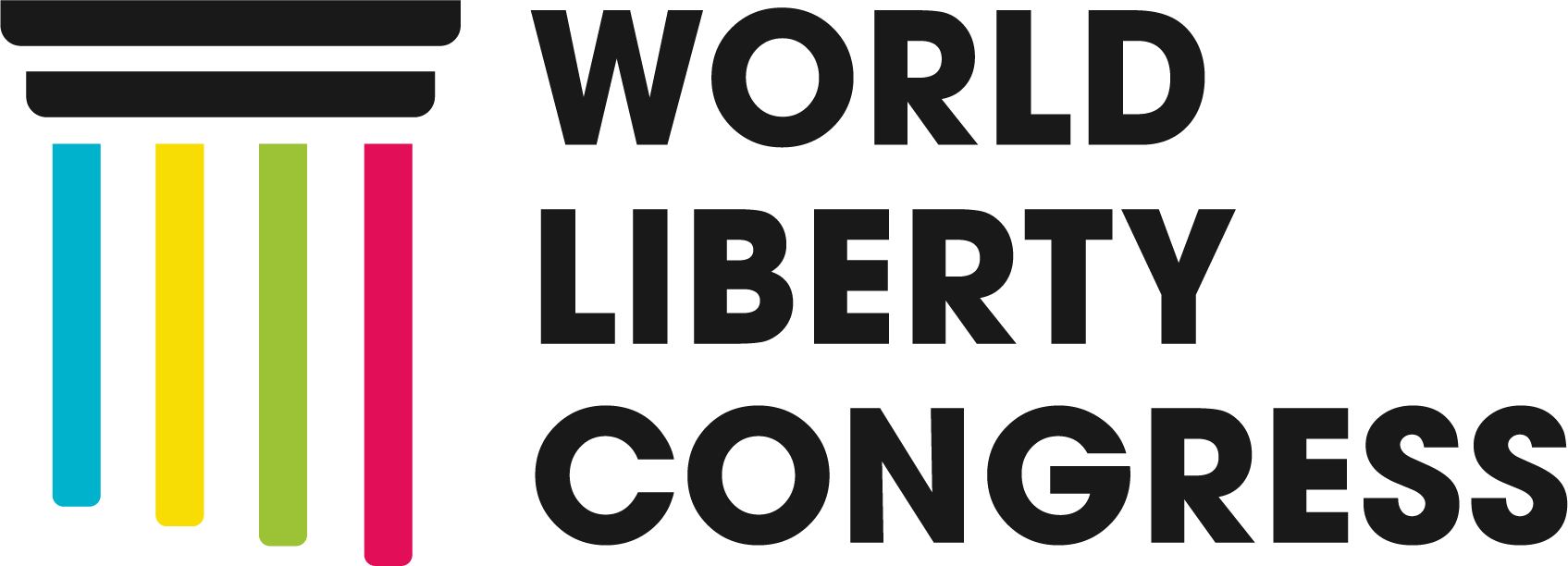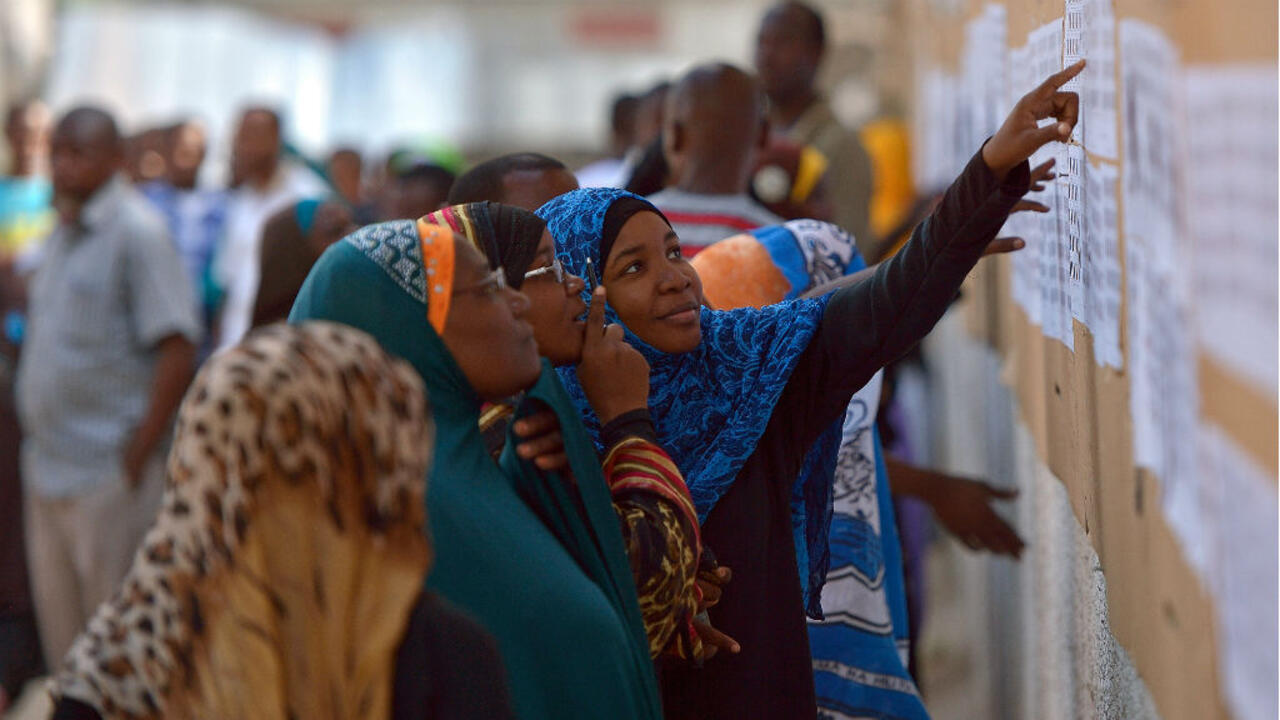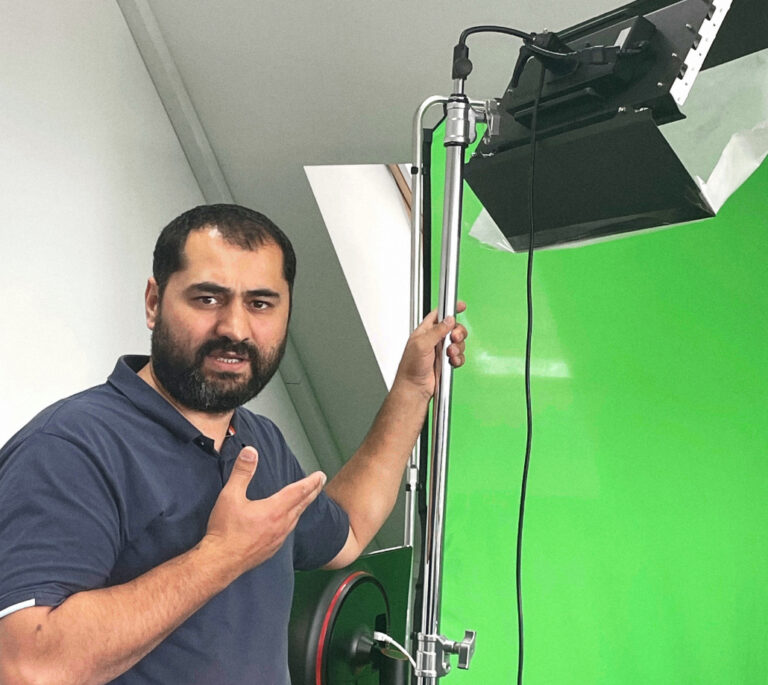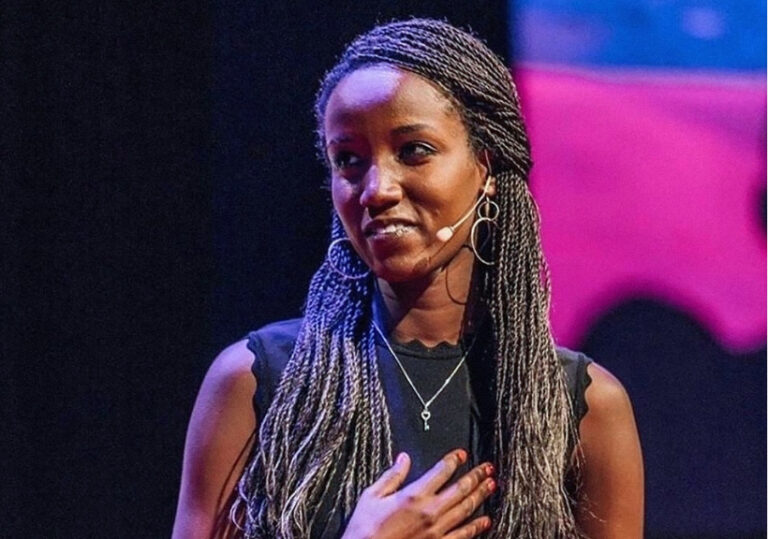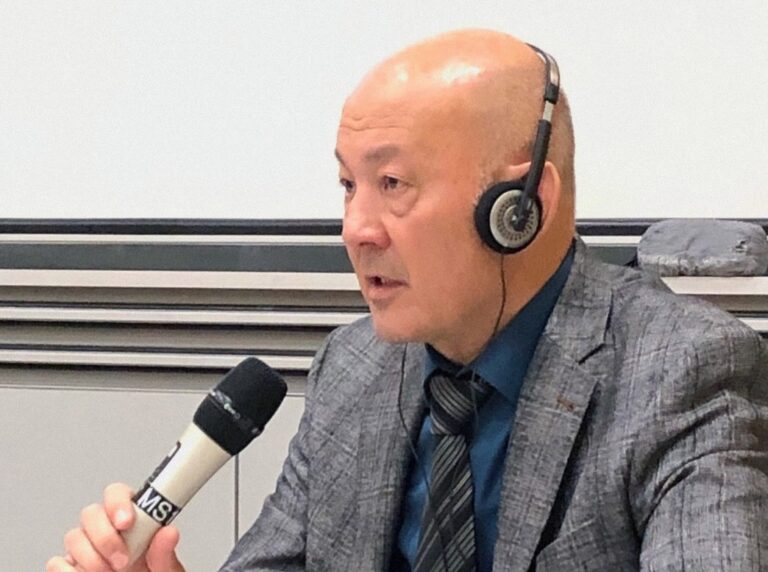by Félix Maradiaga, Director, World Liberty Congress Academy.
The week’s events in Tanzania should alarm anyone who cares about the future of democracy in Africa. Protests erupted after opposition leaders were jailed or barred from the ballot; the internet went dark; curfews were imposed; and troops filled the streets. According to the United Nations, at least ten people have been killed—though opposition sources claim the toll is far higher—underscoring both the scale of repression and the opacity now surrounding public life.
From a Model of Calm to a Warning Sign
For decades, Tanzania carried a reputation for relative stability—a calm that concealed a slow democratic decay. Under the late President John Magufuli, the state suffocated independent media, persecuted opposition figures, and tainted the 2020 election with violence, especially in Zanzibar, without consequence. When President Samia Suluhu Hassan assumed office in 2021, she briefly raised hopes by lifting bans on rallies. Yet these reforms proved partial and reversible. The re-arrest of opposition leaders and renewed restrictions ahead of this year’s elections reveal the fragility of Tanzania’s opening. Freedom House now classifies the country as “Not Free.”
The Rise of “Precision Authoritarianism”
Tanzania’s crisis is not an aberration—it is part of a regional script that is being refined and exported. The new authoritarianism in East Africa no longer relies solely on brute force. It operates through precision: targeted arrests of organizers, administrative harassment, and surgical changes to electoral rules. These methods drain opposition movements of energy and resources while avoiding the global outrage that mass crackdowns once triggered.
At the same time, politics has been militarized. The deployment of soldiers in Dar es Salaam and the heavy security footprint seen in Zanzibar mirror similar tactics in Uganda’s 2020–21 elections and Sudan’s post-coup violence. Across the region, governments now frame civic participation as a national security threat—eroding the line between defense and repression.
A Regionally Coordinated Authoritarianism
This is not merely imitation; it is coordination. Authoritarian governments increasingly share playbooks—legal templates, propaganda tactics, and surveillance technologies. Internet blackouts, curfews, and mass pre-trial detentions have become normalized tools of control. Even worse, transnational repression is spreading: regimes reach across borders to harass or abduct critics, often through misused immigration mechanisms or INTERPOL alerts. Tanzania’s own denial of entry to Kenyan and Ugandan human-rights observers exemplifies this erosion of regional solidarity.
Why Tanzania Matters
If Tanzania—once praised for gradual liberalization—can descend so rapidly, it validates a broader fear: that Africa’s hybrid democracies are dangerously brittle. When electoral commissions, courts, and media are captured, and when security forces act as political enforcers, the slide from “partly free” to “not free” can happen almost overnight. Tanzania’s trajectory mirrors those of Eritrea’s total repression, Uganda’s preventive detentions, and Sudan’s militarized politics. Each case chips away at continental norms and emboldens autocrats elsewhere.
The Role of the World Liberty Congress
The World Liberty Congress (WLC) was created precisely to confront this pattern. Our network—spanning movements and pro-democracy organizations in more than fifty countries—exists to strengthen civic collaboration across borders, promote nonviolent resistance, and build global solidarity against authoritarian learning.
Tanzania’s crisis speaks directly to our mission. Activists from Tanzanian civil society are now formally joining the WLC, ensuring that the voices of East Africa’s democratic reformers are represented within our coalition. As we prepare for the World Liberty Congress General Assembly in Berlin (November 7–10, 2025)—where delegates from nearly sixty nations will adopt the Berlin Manifesto and elect our new Leadership Council—Tanzania will stand as a focal case study of democratic backsliding and a rallying point for renewed coordination.
In Berlin, the WLC will launch a Regional Initiative for Democratic Renewal in Africa, anchored on five priorities:
1. Early-Warning and Rapid-Response Monitoring to document repression before it escalates.
2. Cross-Border Protection Networks for at-risk activists
3. Mentorship Exchanges pairing reformers in fragile democracies with experienced counterparts from other regions.
4. Nonviolent Civic Training to strengthen organizing capacity and trauma-informed advocacy.
5. Diplomatic Alignment with African and global partners to impose real costs on regimes that weaponize security assistance or manipulate elections.
A Test for Global Solidarity
The tragedy unfolding in Tanzania is not destiny—it is a test. If the world treats it as “normal politics,” the authoritarian manual will grow thicker and more confident. But if regional bodies, democratic governments, and transnational networks like the World Liberty Congress respond with strategic solidarity—grounded in evidence, nonviolence, and collective action—Tanzania’s dashed hopes can still become a turning point.
The stakes are not just Tanzanian. They speak to a continent where democratic aspirations remain alive but embattled, and to a world where the defense of liberty must once again become a shared project.
From Berlin to Dar es Salaam, from Khartoum to Kampala, our message is simple: democratic dignity, once awakened, is hard to extinguish.
